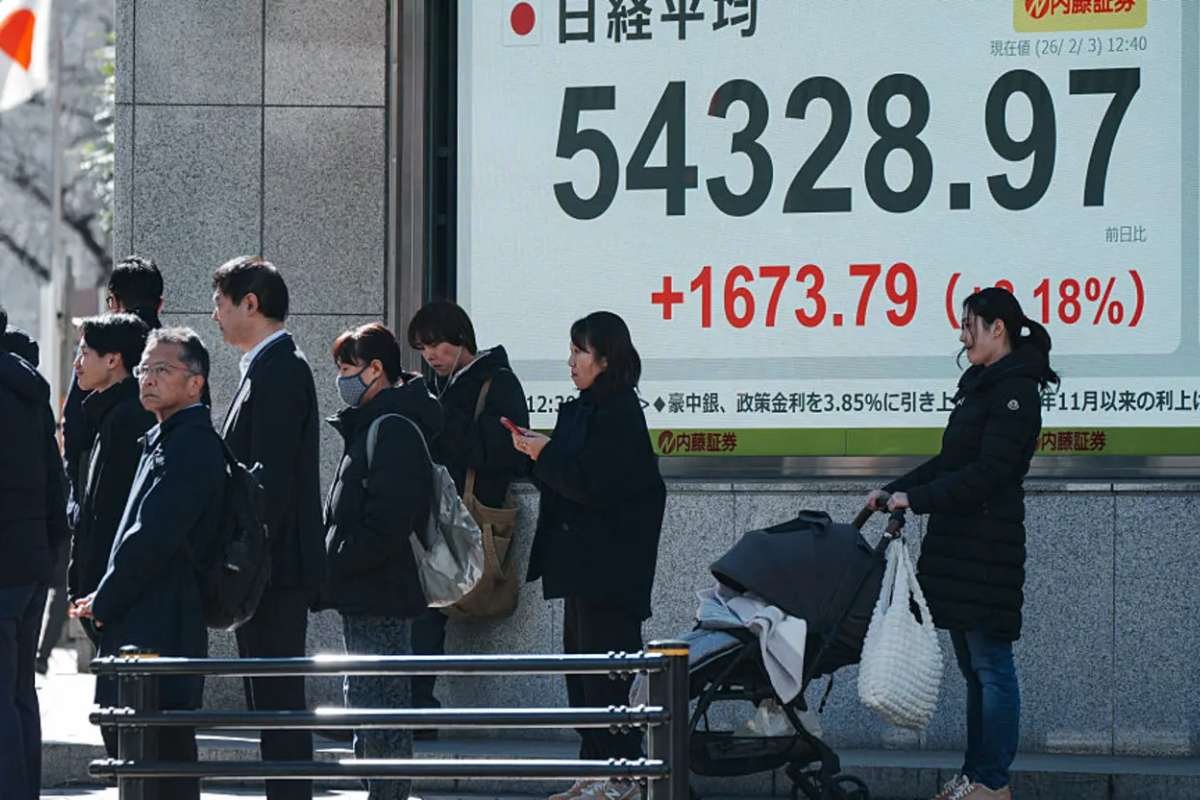Potential Acquisition Could Widen Gap
Taiwan Semiconductor Manufacturing Co. (TSMC) is rumored to be eyeing the acquisition of Intel Corp’s struggling foundry business, which posted a net loss of $19.2 billion in 2024. If the takeover occurs, it could significantly impact Samsung Electronics Co.’s efforts to close the gap with TSMC in the contract Samsung’s chip manufacturing industry. The proposed acquisition, backed by the Trump administration, is seen as a strategic move to bolster TSMC’s market position while dealing a blow to Samsung, which is already grappling with slow demand for conventional chips in personal computers and mobile devices.
Challenges for Samsung
Samsung’s chip business has faced several challenges, including rising research and development costs and investments in advanced-chip processing capabilities. These financial strains, coupled with declining demand for traditional chips, have impacted its earnings. Furthermore, Samsung has struggled to compete with SK Hynix in producing top-tier memory chips for artificial intelligence, leading to weaker profitability in its chip-making division. The situation has been further complicated by aggressive tariffs imposed by the Trump administration, which have created uncertainty in Samsung’s mobile and consumer electronics segments. Despite these challenges, Samsung’s foundry unit has failed to achieve profitability over the years, prompting the company to appoint Han Jin-man, executive vice president of its U.S. semiconductor business, to lead its foundry operations last November.
Market Implications and Industry Reactions
If TSMC successfully acquires Intel’s foundry business, industry experts believe it could significantly increase its market share from 64.9% in the third quarter of 2024 to around 75%. This expansion would likely come at the expense of Samsung, which currently holds a 9.3% share. Meanwhile, Broadcom Inc. has been exploring Intel’s chip design and marketing businesses, sparking additional takeover rumors. Analysts are concerned about the broader implications for the semiconductor industry. Needham’s Charles Shi predicted that the acquisition could lead to capital efficiency, potentially impacting Semiconductor Capital Equipment (Semicap) companies. In particular, ASML Holding and KLA Corp might face setbacks due to the anticipated cancellation or scaling back of Intel’s aggressive high-NA EUV program.

















